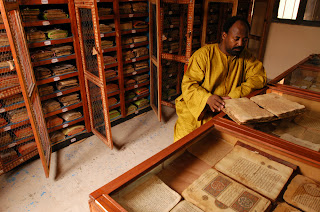The Arabian Nights: Stories from India, Persia and Arabia - even China - developing out of an oral tradition that reflects the highly civilized and diverse Islamic world of the ninth to thirteenth centuries.
The
Conference of the Birds: A magnificent work of Persian poetry composed in
the twelfth century. A fantastical, allegorical rendering of the Islamic
doctrine of Sufism, it describes the pilgrimage of the world’s birds in search
of their ideal king, the Simorgh, and the arduous journey they take to reach
him.
Snow by Orhan Pamuk (Turkey): After eight years spent living in exile in Germany, the poet Ka returns to the isolated town of Kars during a historic blizzard. Cut off from the outside world, the author uses this town, once a crossroads for trade between Turkey, Soviet Georgia, Armenia, and Iran, as a way to illuminate the crossroads of ideas: socialism, communism, atheism, political secularism, Kurdish nationalism, and the most rapidly growing movement, Islamist fundamentalism.
Dreams of Trespass by Fatima Mernissi (Morocco): In this autobiography, Mernissi writes of the modern-day “harem” to illustrate the traditional communal life of the Middle East. The “harem” provided sanctuary and limitations; it hemmed people in but also made people pay attention to one another in a way we are not accustomed to in the West.
Minaret by Leila Aboulela (Sudan): The daughter of a government official close to the president, Najwa’s life changes radically when a coup overthrows the government. The family escapes to London, and Najwa finds herself orphaned and alone, taking work as a maid.

